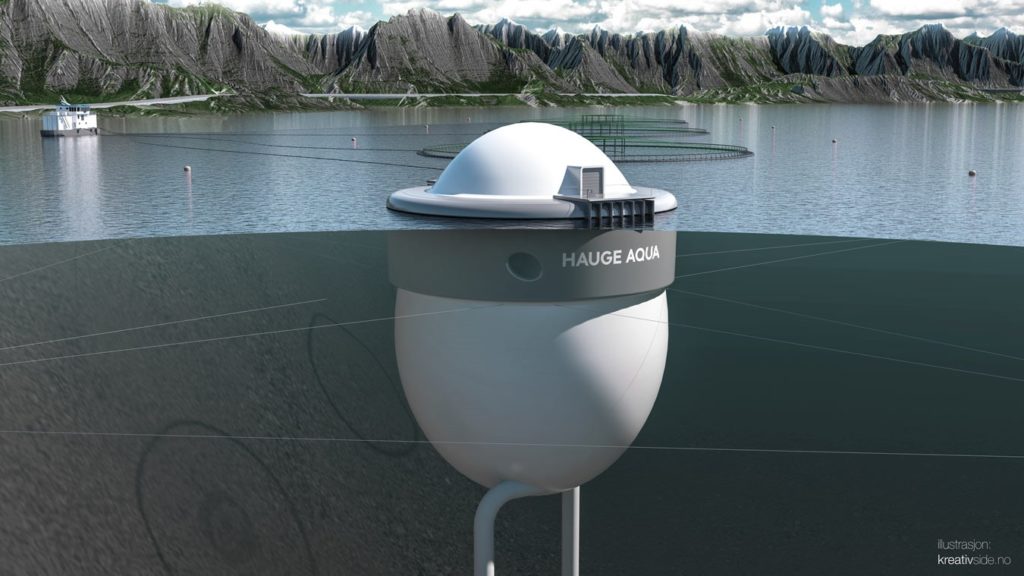Solskjær company invests £2m in Egg project

Ole Gunnar Solskjær may have lost his job as manager of Manchester United, but he could be onto a winner with his latest aquaculture venture.
Norwegian-born Solskjær, who was sacked yesterday following a 4-1 defeat at Watford, owns a 20% stake in the investment company Akvakulturpartner AS, which has just pumped 23 million krone (£2m) into Hauge Aqua Solutions, the company behind the futuristic Egget project.
So called because it is shaped like an egg, this unusual looking object is designed to solve some of the problems associated with salmon farming such as lice, escapes and pollution. The first Egg farm is currently under construction and reported to be on budget and on time and should be ready for delivery soon, with the aim of operating a farm in Romsdalsfjorden next year.
The egg is produced by Herde Kompositt AS in Ølve, and is thought to be the main reason why Solskjær and Akvakulturpartner AS decided to buy into Hauge Aqua. Akvakulturpartner CEO and co-owner Bjørn-Vegard Løvik of Akvakulturpartner AS told the news platform Kapital.no: “What triggered us was the high-tech behind the salmon egg. It is fantastic fun and rewarding to be allowed to be involved in producing salmon in this way. At the same time, we believe that this will be a really good investment.”
“It is not the case that he [Solskjær] indulges in assessments of a strategic nature, but he is involved in investing if new, exciting and sustainable projects in aquaculture that we consider interesting emerge.”
He added that the investment company takes a long view of opportunities in protein production.
The Egg (also known as the “Eggett”) is a fascinating development, featuring:
- a sheltered workplace addressing health and safety for the staff by eliminating many high-risk operations;
- a water intake is located at the bottom of the unit at a depth where the salmon lice are not normally found;
- due to the level-separated intake- and outflow of water from pen to pen, infection pressure are significantly reduced;
- the design, water flow and stable environment inside the egg will facilitate fish welfare and performance;
- the closed containment and feeding regimes enable more accurate feeding without loss of uneaten feed; and
- the robust unit will reduce, and maybe even eliminate, the risk of escapes during the sea phase.
Hauge Aqua also carries out charitable work in Africa via Hauge Fish for the organisation Hope, a collaboration with Caritas, the Catholic Church’s relief organization, to run schools where young Ugandans are taught fish farming and entrepreneurship.

How the Egget will look

